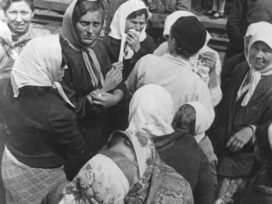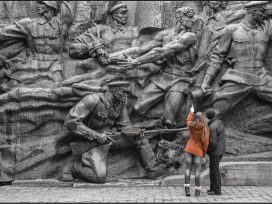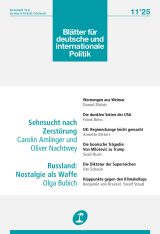The debate on Turkey’s EU membership takes place between those who want to “deepen” and those who want to “widen” Europe; between those who want to strengthen cooperation between existing members and those who want to create a looser, broader union based on free-trade. For the former, Turkey’s shortcomings in democratic procedure and human rights, and the presumed otherness of Islam, are cause for alarm; for the latter, Turkey’s economic and geo-strategic potential count in its favour. The fundamental difference, says Claus Leggewie, is that a loose-knit Union would be attractive to a broad spectrum of aspirants, while a Europe with a clear political identity, high social-welfare entitlements, and growing cultural homogeneity, would discourage further expansion.






